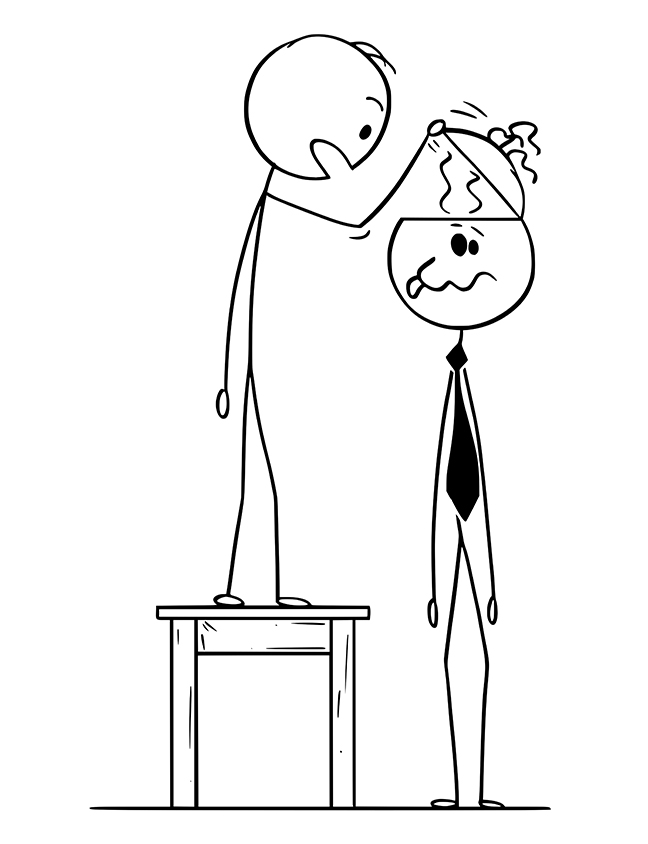My column last month, where I warned about the dangers of embracing Socialism, sparked some lively conversations. To those of you who took the time and made the effort to connect and voice your opinions directly, I thank you.
Whenever I write an opinion piece, it is just that—my opinion—and as is true with everyone, that opinion is based upon my understanding and life experience up to that point. Also like everyone, I don’t know everything and never will, and I’m prone to sometimes believing that my perspective is the only one.
One of the best pieces of advice I ever received in how to deal with opinions one might not agree with came from renowned Alamo artist, Beth Batchelor, who said the best thing to say when someone says something you don’t readily agree with is, “Well, you could be right.” And she was right about that!
What I subsequently discovered about that however, in my own case at least, was that instead of making it easier to be dismissive about the opinions of others, I found it forced me to really think that way—to be more open to considering ideas and opinions I might not initially think plausible.
That said, while we all lack the ability to be an eternally-winning contestant on the game show “Jeopardy,” having a well-rounded foundation of knowledge is helpful, particularly as it applies to things like public policy and making decisions about who to vote for. Knowing something about how government functions and what our founding documents assert, for example, are quite important when it comes to discerning what impact the election of any given candidate may have upon the future.

With that in mind, let me ask you: Are you worried? I am. By and large, Americans appear to be more knowledgeable about trivial things and less so about things that affect us all and the future we face. Why do I think this? Consider these points:
In a recent Washington Post article, columnist Max Boot said, “A survey by the American Council of Trustees and Alumni found that ‘more Americans could identify Michael Jackson as the composer of Beat It and Billie Jean than could identify the Bill of Rights as a body of amendments to the U.S. Constitution.’”
A 2017 poll from the University of Pennsylvania’s Annenberg Public Policy Center found that 37 percent of those polled could not name a single right protected by the Bill of Rights, only 26 percent could name all three branches of government, and 33 percent could not name a single branch of government. A 2010 Pew Research Center poll revealed that only 28 percent were able to name the chief justice of the Supreme Court.
Aside from ignorance in these vital areas, we have other challenges. According to the National Science Foundation, one in four Americans thinks the Sun orbits the Earth.
I would argue that the greatest challenge we face isn’t our propensity toward entrenched opinions or even basic ignorance, but in how we treat each other in dealing with these differences. Civil debate is healthy, and we are better and more likely to create productive outcomes when we allow others express their ideas openly, without judgement or hostility.
Productive dialogue can begin by saying something as simple as, “Well, you could be right.”
Leave a Reply